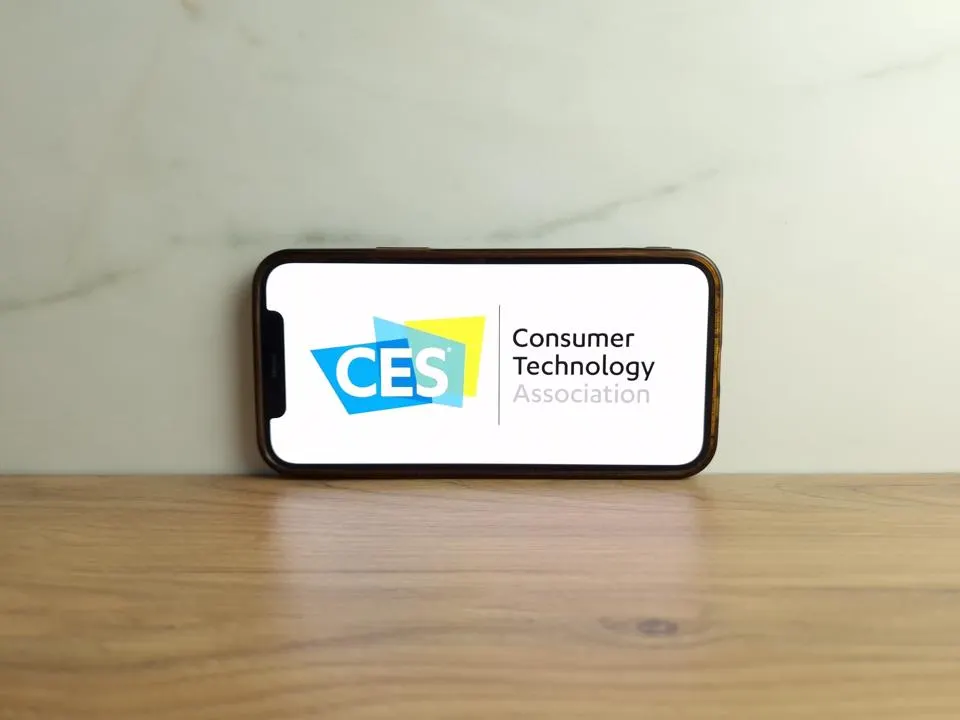A Very Brief History Of Blockchain Technology Everyone Should Read
2 July 2021
When Satoshi Nakamoto, whose true identity is still unknown, released the whitepaper Bitcoin: A Peer to Peer Electronic Cash System in 2008 that described a “purely peer-to-peer version of electronic cash” known as Bitcoin, blockchain technology made its public debut. Blockchain, the technology that runs Bitcoin, has developed over the last decade into one of today’s biggest ground-breaking technologies with potential to impact every industry from financial to manufacturing to educational institutions. Here’s a brief history of blockchain technology and some thoughts about where it might go in the future.

Bitcoin Beginnings
You can’t discuss the history of blockchain technology without first starting with a discussion about Bitcoin. Shortly after Nakamoto’s whitepaper was released, Bitcoin was offered up to the open source community in 2009. Blockchain provided the answer to digital trust because it records important information in a public space and doesn’t allow anyone to remove it. It’s transparent, time-stamped and decentralised.
“Blockchain is to Bitcoin, what the internet is to email. A big electronic system, on top of which you can build applications. Currency is just one,” Sally Davies, FT Technology reporter.
Blockchain Separates from Bitcoin
Even today, there are many who believe Bitcoin and blockchain are one and the same, even though they are not. Those who started to realise around 2014 that blockchain could be used for more than cryptocurrency started to invest in and explore how blockchain could alter many different kinds of operations. At its core, blockchain is an open, decentralised ledger that records transactions between two parties in a permanent way without needing third-party authentication. This creates an extremely efficient process and one people predict will dramatically reduce the cost of transactions.
When entrepreneurs understood the power of blockchain, there was a surge of investment and discovery to see how blockchain could impact supply chains, healthcare, insurance, transportation, voting, contract management and more. Nearly 15% of financial institutions are currently using blockchain technology.
Ethereum Rises: Smart Contracts
Vitalik Buterin, co-founder of Ethereum and Bitcoin magazine, was also an initial contributor to the Bitcoin codebase, but became frustrated around 2013 with its programming limitations and pushed for a malleable blockchain. Met with resistance from the Bitcoin community, Buterin set out to build the second public blockchain called Ethereum. The largest difference between the two is that Ethereum can record other assets such as loans or contracts, not just currency. Ethereum launched in 2015 and can be used to build “smart contracts”—those that can automatically process based on a set of criteria established in the Ethereum blockchain. This technology has attracted the attention of corporations such as Microsoft, BBVA and UBS who are intrigued by the potential of the smart contract functionality to save time and money.
Transition to Proof of Stake
Currently, blockchain operates on the proof of work concept where an expensive computer calculation or “mining” is done in order to create a block (or a new set of trustless transactions). Currently, when you initiate a transaction, it is bundled into a block. Then miners verify the transactions are legitimate within that block by solving a proof-of-work problem—a very difficult mathematical problem that takes an extraordinary amount of computing power to solve. The first miner to solve the problem gets a reward and then the verified transaction is stored on the blockchain. Ethereum developers are interested in changing to a new consensus system called proof of stake.
Proof of stake has the same goal as proof of work—to validate transactions and achieve consensus in the chain—and it uses an algorithm but with a different process. With proof of stake, the creator of a new block “is chosen in a deterministic way, depending on its wealth, also defined as a stake.” Since in a proof of stake system, there is no block reward, but the miners, known as forgers, get the transaction fees. Proponents of this shift, including Ethereum co-founder Buterin, like proof of stake for the energy and cost savings realised to get to a distributed form of consensus.
Blockchain Scaling on the Horizon
Since currently, every computer in a blockchain network processes every transaction, it can be very slow. A blockchain scaling solution would determine how many computers are necessary to validate every transaction in a way that doesn’t compromise security.
Today, Bitcoin is just one of the several hundred applications that use blockchain technology. It’s been an impressive decade of transformation for blockchain technology and it will be intriguing to see where the next decade takes us.
Related Articles
3 Ways Generative AI Is Making Our World A Better Place
Bored of the negative headlines around AI, and specifically generative AI? Then this article is for you.[...]
The Metaverse And Its Dark Side: Confronting The Reality Of Virtual Rape
The police in the UK are currently investigating a virtual rape in the metaverse involving a young girl under the age of 16 who[...]
Generative AI (Probably) Won’t Take Your Job. But It Will Change How You Work
When you read or listen to anything about generative AI and its impact on jobs, it's often a story of job losses.[...]
The Biggest Challenges And Pitfalls Of Data-Driven, AI-Enabled HR
Amid the rapid evolution of digital landscapes, data and AI have emerged as critical tools in human resource (HR) management[...]
The Unmissable Highlights From CES 2024
Much like its predecessors, the Consumer Electronics Show (CES) of 2024 has once again dazzled the world with a spectacle of innovation and technological marvels.[...]
5 Unexpected Ways Generative AI May Change Your Daily Life
No doubt you've seen dozens of headlines (or more) about generative AI and how tools like ChatGPT are going to transform our jobs..[...]
Sign up to Stay in Touch!
Bernard Marr is a world-renowned futurist, influencer and thought leader in the fields of business and technology, with a passion for using technology for the good of humanity.
He is a best-selling author of over 20 books, writes a regular column for Forbes and advises and coaches many of the world’s best-known organisations.
He has a combined following of 4 million people across his social media channels and newsletters and was ranked by LinkedIn as one of the top 5 business influencers in the world.
Bernard’s latest book is ‘Generative AI in Practice’.










Social Media